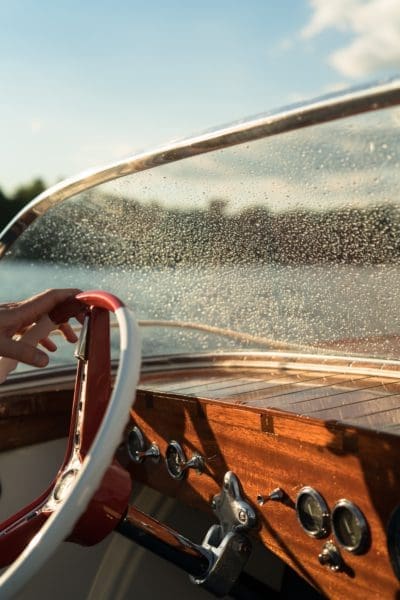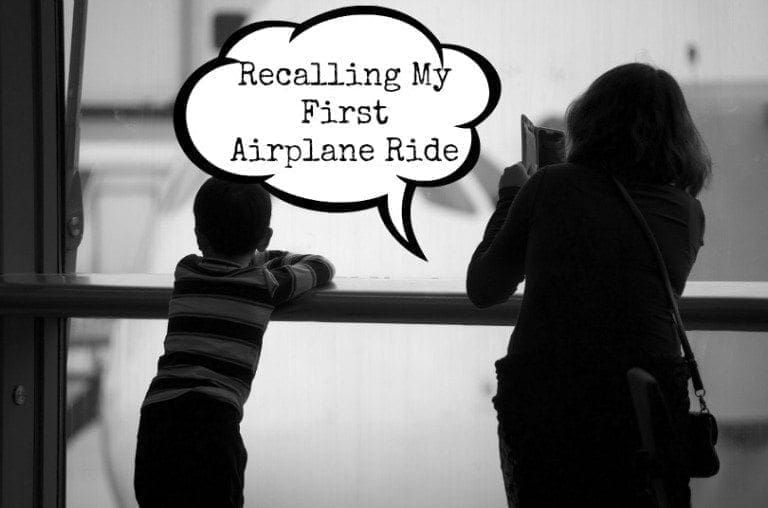Basic Boating Safety Tips

Have you recently decided to purchase a boat? Boating is a popular American recreation and pastime activity. There were over 11 million registered leisure boats in 2015. Having some rudimentary knowledge can help you to avoid a potential disaster as a result of allision or collision. An allision is a nautical term that refers to one vessel running up against a fixed object like a pillar or another non-moving vessel, whereas a collision occurs when two vessels ram into each other. Here are some basic boating safety tips to help you and your passengers stay safe while at sea.
Pre-Departure Checklist
It is a good idea to follow a pre-departure checklist to make sure you are prepared. Know the weather forecast before you go out to the sea. It is best to cancel your plans if conditions are not ideal. If the forecast is good for a day out on the ocean, bring a radio so you can receive emergency weather updates. Bring at least one life jacket (with a whistle attached) per passenger, and make everyone aboard aware of their storage location. Keep a first aid kit in a waterproof container. Check your engine oil and coolant and fill your gas tank before leaving. Make sure your dock and anchor lines are not frayed or damaged. Keep a toolbox and spare supplies stowed away. Have emergency supplies such as flares, flashlights and batteries, airhorns, and a fire extinguisher.
Rules of the Road
Just like there are rules of the road for driving a car on land, there are rules of the road for vessels in the ocean. The nautical terms for left and right are port and starboard. Port means left and starboard means right. A helpful tip for remembering the difference is that “port” and “left” both have four letters. A channel is similar to a road. You must not anchor in a channel just like you do not park your car on a road. Always keep starboard when traveling through a channel. If you find yourself in a situation where you are about to collide head-on with someone else, always steer to your starboard side. The harbor is a “no wake zone” where smaller crafts must yield to larger ships.
Boat Operator
The person driving should keep an engine cut off switch attached to their wrist. It is against the law to operate watercraft while under the influence of alcohol or drugs. Designate at least one additional sober person that can drive in case of an emergency. Alcohol is a factor in roughly 50% of boating accidents. Before you leave the dock, you should tell someone your itinerary, the duration you plan to be out, the number of passengers that will be aboard, and provide them with your contact information. You should also bring some sort of emergency communication equipment.
According to the U.S. Coast Guard, there were 4,168 reported sea accidents in 2019. If you are a beginner, it would be best to take a boating safety course before you set sail on your first epic adventure.









